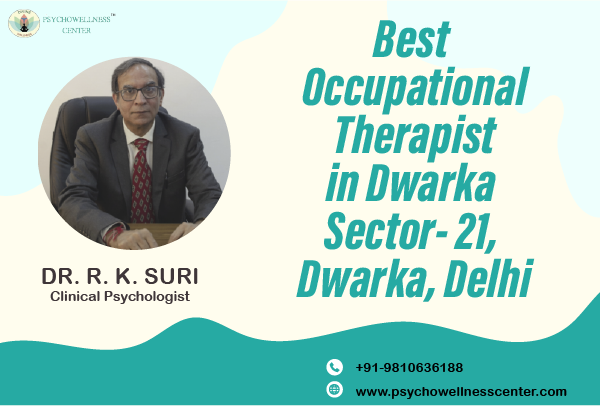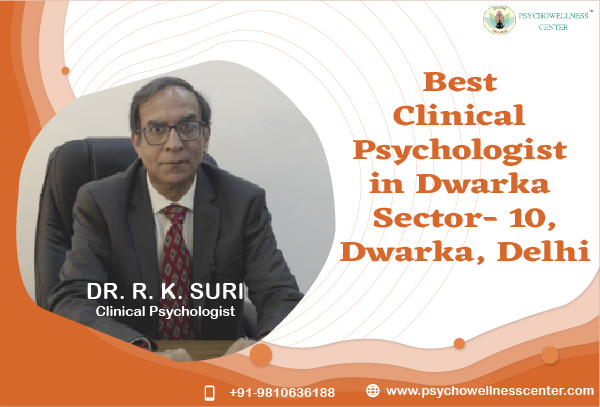What Sharing Random Thoughts And Feelings Is Called?

Free association is a process of freely sharing all the random thoughts and feelings that pass through one’s mind without any censorship on thoughts leading to discovering one’s genuine thoughts, memories, and feelings. In the method of free associations one has got to temporarily hand over intellectual censorship and freely discuss any thought. It is a psychoanalytic method developed by Sigmund Freud.
Free Association is based on the psychoanalytic theory of psychic determinism. This theory states that everything we say and do is significant because it's based on our previous experiences and is driven by instincts whether we are consciously aware of them or not. Dr. R.K. Suri, Clinical psychologist in west delhi says, there are always errors like slips of the tongue, forgetting a word, repeating yourself, etc. We usually ignore these mistakes outside of a therapeutic setting. But inside, they’re extremely important.According to Freud, what one thinks or does is based on what is stored in one’s subconscious mind. Subconscious mind develops during early childhood and this area of the mind is difficult for the individual to access on their own.
Free association was developed by Sigmund Freud as an alternative to hypnosis based cathartic treatment of hysterical symptoms, through which patients were able to recall traumatic experiences while under hypnosis and express the first emotions that had been repressed and forgotten. Freud found that hypnosis only had partial, temporary results. The free association method however could overcome a patient’s resistance, therefore making it easier to access things from their unconscious mind. The effects of thinking were also permanent.
In free association, patients are asked to talk or write whatever comes into their minds during the session, without censoring their thoughts. This technique helps the patient learn more about what they think and feel, in an environment of non-judgment and acceptance. Free association is employed as a way of exploring the unconscious, identifying repressed memories and therefore the reasons for their repression, and enabling patients to understand themselves more fully.
Patient is asked to speak out the first things that come to mind after any particular topic or word, without any kind of judgment or worry about whether it sounds weird, illogical, or unacceptable.
For effective free association, the patient should share their thoughts freely whether they are logical, consistent, socially appropriate or not says best psychologists in west Delhi. Thoughts which may seem embarrassing or wrong should also be reported without hesitation. The more closely the patient can replicate his or her stream of consciousness, the more likely it's that defenses are going to be lowered and repressed material delivered to light. Besides the content of the thoughts themselves, the connections between them may also offer important information to the therapist.After listening to the patient's random thoughts, the therapist would analyze the information to find the hidden meaning. The goal of psychoanalysis is to find the source of the problem and reveal it to the patient.
Free association can help a patient to loosen the hold of controlling conscious mind and relax and watch thoughts carefully. It also helps to override defense mechanisms like repression and denial as a person experiences a space free of self-judgment and social embarrassment. This helps the patient to identify what they really think and feel and understand the contrast between what they tell themselves, and what is true for them. The patient is able to recognise true inner conflicts and is empowered to make choices that resolve conflict over avoiding it. The patient also gains clarity on what new behaviors can now help to move forward.
There are many defense mechanisms that make us think we are not even suffering. These can include projection ,transference and resistance. Transference is unwittingly transferring feelings about one person to become applied to another person. Projection is projecting one’s own feelings or motives to other things or people. Resistance is like holding a memory block against remembering or accepting some events or ideas.
Sometimes free association doesn’t give the required results. These can be due to many reasons. A patient might feel pressured to produce associations. This might be especially true if the patient has a codependent personality and in order to please the therapist, they could say things that didn’t really come naturally but have been created quickly and have convinced themselves that they are a free association. Sometimes the patient is not thinking about the word or topic given. They can end up going really off track and into memory instead of associations. If the patient is hard to relax and has a very controlling mind, they might also control your association. It is possible to create false memories. The patient could blurt out something from imagination and worry it’s a memory. A well-trained and experienced therapist should be able to help in differentiating.
Initially, the free association process could also be difficult, because people are familiar with editing their thoughts, presenting them in a logical, linear fashion, and leaving out potentially embarrassing material. However, the technique becomes better with practice and with encouragement by the therapist.




SHARE